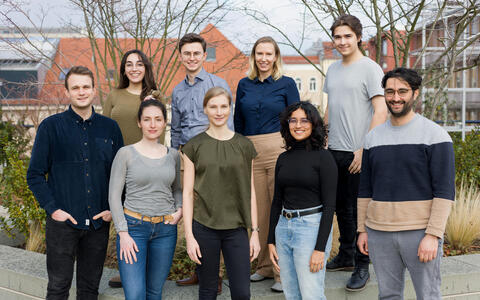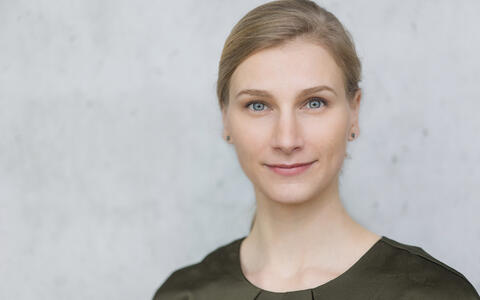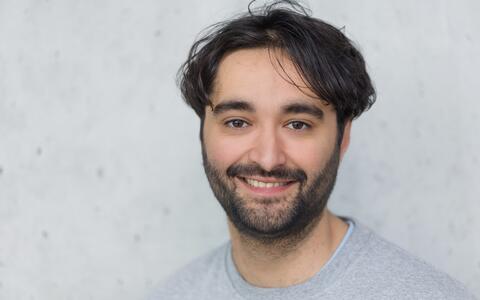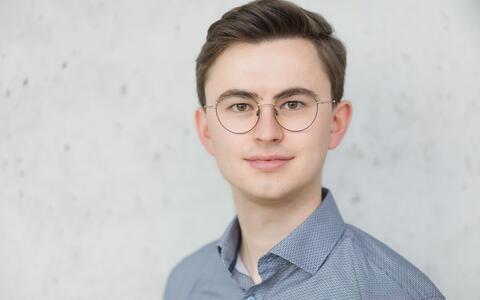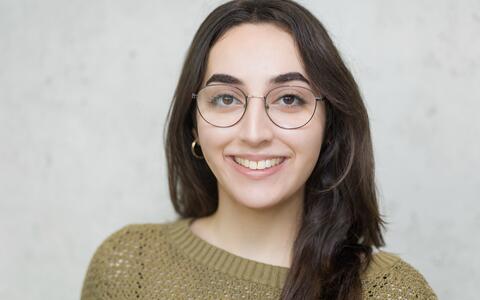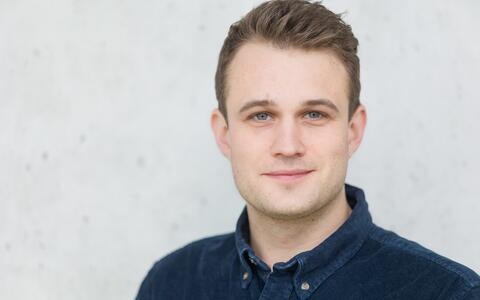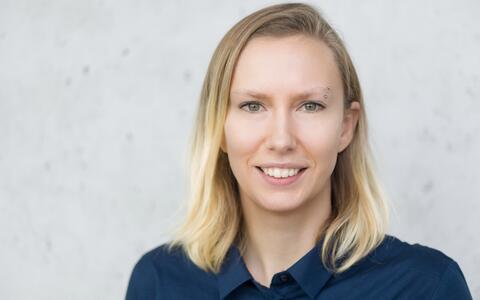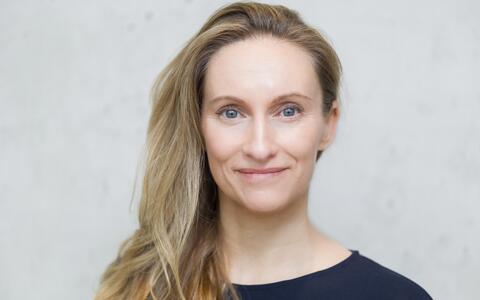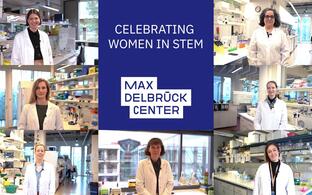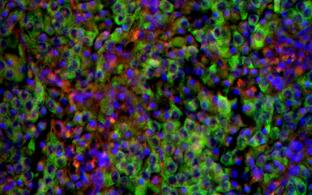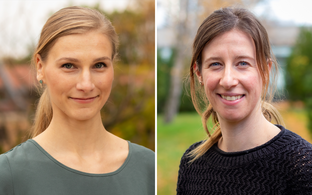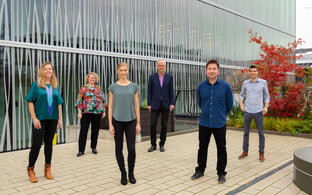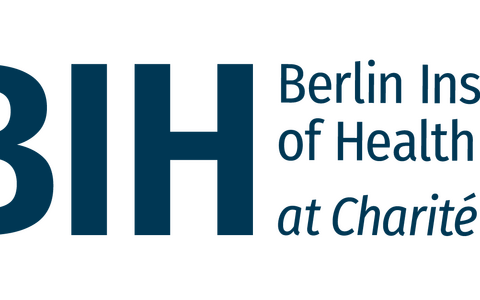
Grosswendt Lab
From Cell States to Function
Profile
In both normal embryonic tissues and tumors, cells physically interact and communicate with each other, which influences their gene expression and thus their function. To uncover how these expression programs are defined, we need to consider the multicellular context in which they occur. Single-cell transcriptomics technologies have revealed an enormous variety of ‘cell states’ in which cells normally considered the same type exhibit marked differences in their transcriptional profile. To uncover which cell states influence each other, we are developing strategies to analyze cells within their tissue context and identify the communication events responsible for specific cellular decisions and behaviors. By expanding the potential of single-cell approaches, our team of experimental and computational scientists is thus aiming to decipher the intimate relationship between cell identity and tissue organization.
A key challenge for the future is to understand how cell-cell interactions influence abnormal tissue growth and organization. Some tumors, for instance, appear to hijack normal developmental programs so that they can progress without the need for additional mutations. In fact, tumor cells from cancers such as neuroblastoma and melanoma are similar to cells normally only found during prenatal development. We aim to better understand how these embryonic gene expression profiles are shaped during normal development and why such similar states are observed in tumor cells. We have a particular interest in the biomedically relevant neural crest lineage of the developing embryo, which can give rise to tumors that exhibit substantial cellular heterogeneity and plasticity. Understanding how cells interact with each other and execute these embryonic programs, will be invaluable for improving the detection of tumor cell heterogeneity and developing more effective treatments.
The group is part of the joint 'Single Cell Approaches for Personalized Medicine' Research Focus Area of the Berlin Institute of Health (BIH) at Charité and the Max-Delbrück Center for Molecular Medicine (MDC). Our lab is located at the Berlin Institute of Medical Systems Biology of the MDC, and we closely collaborate with the clinical Department of Pediatric Oncology and Hematology at the Charité.
Team
Group Leader
Stefanie Grosswendt
101: Berlin Institute for Medical System Biology
Room: 5.42
stefanie.grosswendt@mdc-berlin.de
+49 30 94061427-1427
Postdocs
Room: 5.44-49
elmir.mahammadov@mdc-berlin.de
+49 30 9406-1417
PhD students
Tobias Christaller
101: Berlin Institute of Medical Systems Biology
Room: 5.44-49
Tobias.Christaller@mdc-berlin.de
+49 30 9406-1417
101: Berlin Institute of Medical Systems Biology
Room: 5.44-49
Melanie Fattohi
Room: 5.44-49
Room: 5.44-49
shriya.lele@mdc-berlin.de
+49 30 9406-1417
Henrike Scherrer
Room: 5.44-49
henrike.scherrer@mdc-berlin.de
+49 30 9406-1417
Philipp Stachel-Braum
MDC-NYU Fellowship
101: Berlin Institute of Medical Systems Biology
Room: 5.44-49
Philipp.Stachel-Braum@mdc-berlin.de
+49 30 9406-1417
Lab Manager
Maria Will
101: Berlin Institute of Medical Systems Biology
Room: 5.44-49
Maria.Will@mdc-berlin.de
+49 30 9406-1595
Team Assistance
Juliane Großkopf
101: Berlin Institute of Medical Systems Biology
Room: 4.01
Juliane.Grosskopf@mdc-berlin.de
+49 30 9406-1452
Alumni
Master student
Master student
Publications
News
Jobs
Hiring:
Candidates interested in postdoc or PhD positions please contact Stefanie Grosswendt. Please provide your CV including names of at least two referees, a letter of motivation, and when applying for a PhD position, please also include your transcript of records listing the courses and grades of your university degree. We especially encourage applications by computational scientists for PhD and Postdoc positions. Computational PhD candidates can participate in the CompCancer program that our group is associated with.

